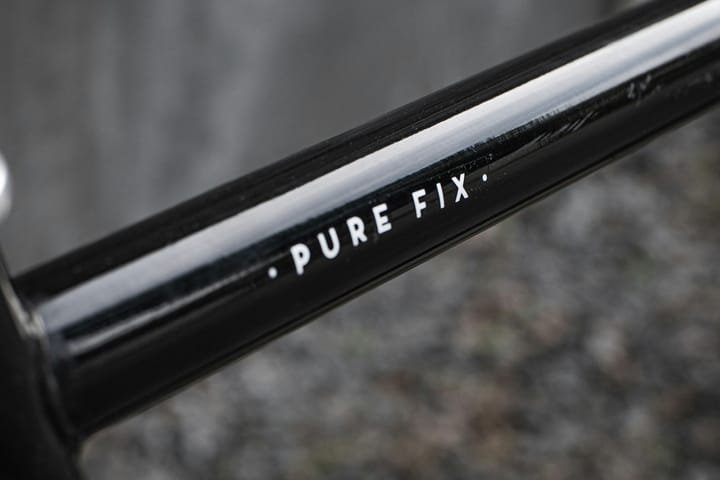The Problem with Fixing Problems: Why the World Needs Shapers, Not Mechanics
Tired of fixing problems? It’s time to disrupt the machine. Discover how future-proof creators reinvent the system, enabling life to evolve. Ready to transcend the status quo?

The Problem with Fixing Problems (and why you're not a Shaper)
Is the world more human, or has it become a machine?
“Find a problem. Fix it. Sell the solution.”
That’s what they told you, right?
It’s what every creator guru,
every business coach,
every "entrepreneurial savant" swears by.
Sounds good. Logical even.
But look around.
Has it made the world better?
We’ve fixed so much, yet we feel more disconnected than ever.
What went wrong?
The Stagnation Machine
Fixing problems belongs to a world
that craves the status quo.
A world that says:
“Don’t evolve—just patch the cracks.”
It’s a mindset of maintenance,
not creation.
It’s why so many creators burn out,
lose their spark,
fade into routine.
They stop being creators.
They become mechanics,
oiling the gears of a machine
that was never designed to set them free
oiling gears
while the forest withers.
Man is machine,
Gurdjieff said.
And in a world of machines,
it’s only natural to fix what’s broken.
Right?
We’ve built a language for it:
growth engines,
pipelines,
frameworks,
optimization,
leveraging resources—
a mechanical world,
spinning and spinning,
never truly alive.
But what if you weren’t here
to oil the gears,
to keep the system running?
What if you were here,
to disrupt it
to reimagine the whole ecosystem?
To keep oiling the machine
is to become complicit.
But every machine has its breaking point
and yours begins with a radical stand.
The BIG NO in Action: Embodying Radical Rebellion
Imagine this:
You’re standing in the heart of a system you’ve outgrown.
Your body knows it before your mind does—tight chest, restless energy, a feeling that you’re shrinking.
And then, one day, it clicks.
Your gut roars: “No more.”
This isn’t just about walking away from what drains you.
It’s about disrupting a pattern
to create space
for life to thrive.
Take Roxanne:
She spent years designing for a system that valued efficiency over empathy.
Her BIG NO wasn’t just quitting her job.
It was saying NO to dehumanizing work.
Period.
Her stand was simple: create spaces for connection.
Today, her workshops are thriving ecosystems of transformation.
Her BIG NO was the moment she stopped asking,
‘What do they need from me?’
and started asking,
‘What do they need to thrive?’”
Or think of Baltasar Garzón, whose BIG NO wasn’t about rejecting power—it was a refusal to accept violence as its currency. His actions reshaped Spain’s legal system, not through rage, but through a fierce commitment to justice.
Your BIG NO is a stand for the ecosystem you inhabit—whether it’s a team, a community, or your own creative journey.
- It’s the artist refusing to create work that panders to trends.
- It’s the entrepreneur rejecting “growth at all costs” in favor of sustainable impact.
- It’s the parent standing up to systems that stifle their child’s individuality.
Beyond the Fix (and how you become a Shaper)
True creation doesn’t come
from solving problems.
It comes from stepping outside
the loop of maintenance.
The loop that tells you:
“Just keep things running.
Don’t disrupt.
Don’t imagine.”
Fixing problems keeps the machine alive.
But creation? That’s where life begins.
A cafe owner reimagines their business,
not just as a place for great coffee
but as a catalyst for systemic impact:
- partnerships with local farms to create a closed-loop supply chain.
- waste from the cafe composted and returned to the farms.
- profits fund micro-loans for aspiring food entrepreneurs in the community.
Customers aren’t just consumers—they’re contributors to a living ecosystem.
A coach who stops offering cookie-cutter advice and creates customized, transformative client journeys.
A writer who refuses to chase algorithms and instead pens work that stirs the soul.
A parent who rejects a toxic school system and builds a nurturing, alternative learning community.
That’s regeneration: creating a self-sustaining cycle that enriches the broader system while inspiring others to do the same.
And it applies to every type of business. Because it's not about the form it takes; it's about the simple principles that you abide by.
This post is for subscribers only
Subscribe now and have access to all the content, enjoy exclusive content and stay up to date with constant updates.
Already have an account? Sign in


